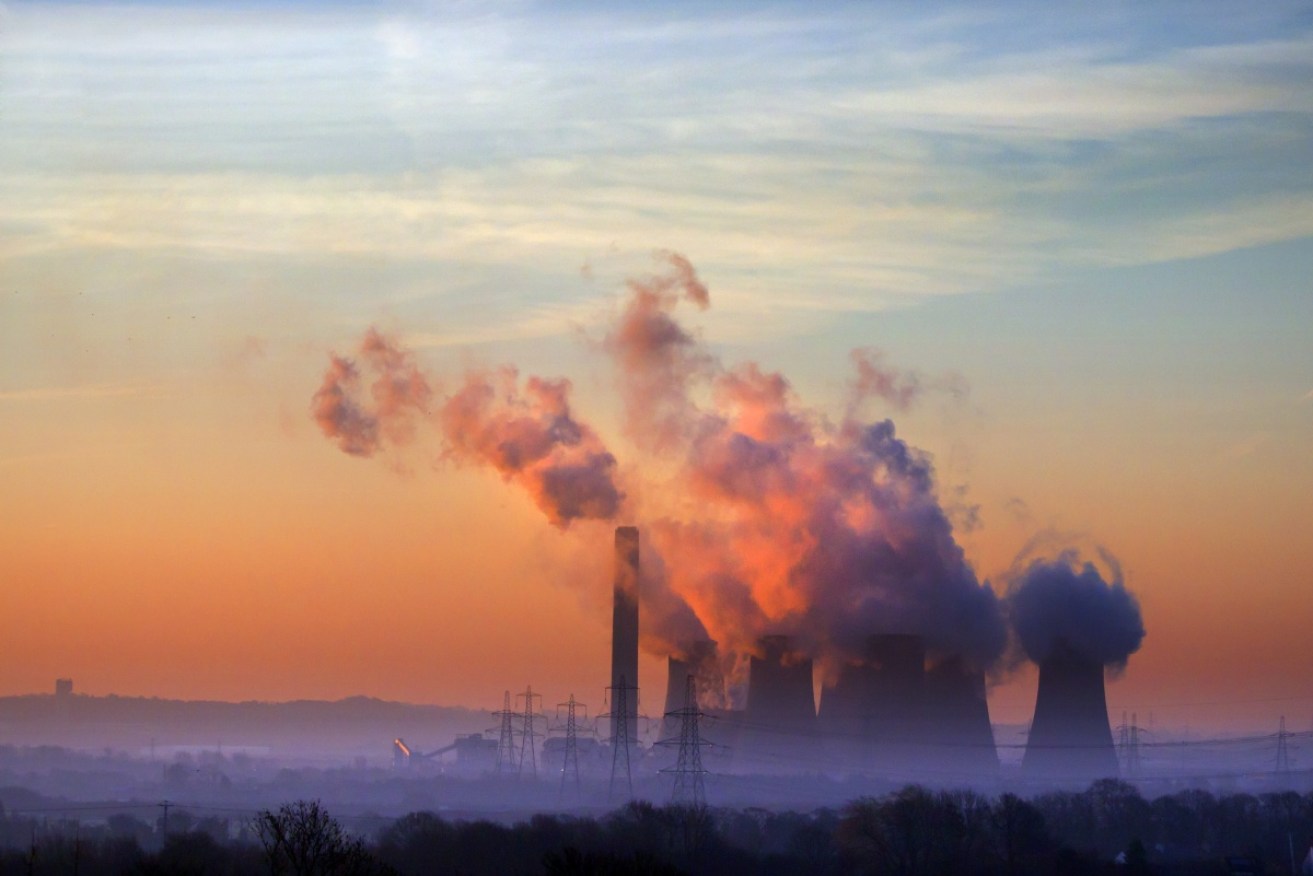Revealed: Australia’s most climate-conscious super funds


Aussie super funds are actually world leaders in climate change risk awareness. Photo: Getty
This week 23-year-old Queenslander Mark McVeigh made headlines when he revealed he was suing his super fund, REST, for failing to disclose how it was preparing for the investment risks of climate change.
The case raised an important but seldom-asked question: Does climate change have the power to ravage your retirement savings? And if so, is your super fund doing something about this?
The New Daily looked in to the matter, and all in all, it was pretty good news. Australian super funds are, by and large, taking the issue seriously.
In fact, according to international organisation the Asset Owners Disclosure Project, Australian super funds are the fifth best for addressing climate risk in the world, behind only Sweden, Norway, New Zealand and Finland.
Last year, the AODP looked at 500 of the world’s biggest pension funds, and rated them on preparedness for climate change risk.
The best fund in the world was Aussie super fund Local Government Super, which scored a AAA rating.
In total, 10 Aussie super funds were in the top 50 – including seven not-for-profit funds and three retail funds – showing in this area, every part of the industry appears to be pulling its weight.
But while no Aussie funds had the ignominious X rating, a number did not do well. While super funds linked to CBA (Colonial First State), Westpac (BT Group) and NAB (MLC) all did pretty well, ANZ’s OnePath – one of the cheapest super funds in the country – came bottom, with a D rating.
REST, the industry fund that is being sued, also only scored a D. Unlike some of the other industry and retail funds, REST does not have a responsible-investment option, and has very little information on its website about how it deals with climate risk.
And unlike most of the big industry funds and major banks, REST is not a member of the Investor Group on Climate Change (IGCC), a group of Australian and New Zealand institutional investors that focus on the issue of climate risk (see the full list of members here).
What is climate risk?
Super funds invest in all sorts of things – company shares, loans, infrastructure, property – and some of these assets stand to be severely affected by climate change.
One of the remits of the Australian Council of Superannuation Investors (ACSI), a joint venture of a number of not-for-profit super funds, is to assess the climate risks of these assets, and to pressure companies to better deal with them.
ACSI executive manager Ed John told The New Daily there were two internationally accepted types of climate risk: transition risk and physical risk.
“Transition risk is the risks associated with moving to a low-carbon economy. It focuses on changes in policy, law, technology and market dynamics,” he said.
“It might include carbon pricing, changes in the energy market, and regulations to mitigate climate change.”
Physical risks, he said, relate to how climate change itself will affect actual assets. So it might be the effect of flooding on properties, or the effect of surging demand for electricity to deal with heatwaves on energy generators and networks.
“ACSI’s work is about making sure climate risk and other factors can be priced in to investment decisions,” he said, adding there was “obviously more work to do” on this front.
IGCC chief executive Emma Herd said a large range of companies faced climate risk, but she particularly singled out mining and energy companies.
“Another might be electricity utilities. Are they investing in new energy sources, or are they relying on fossil fuels?”
Ms Herd said the next round of super fund annual reports would contain much more detailed information, thanks to new disclosure standards.
Overall, Ms Herd was optimistic about the direction both super funds and the companies they invest in are heading.
“In Australia, climate change is always reported as a political issue. That underestimates what’s going on in the real economy. The conversations that are taking place in boardrooms around Australia are a lot more sophisticated than the conversations that are taking place in Canberra.”
For members concerned about their own fund’s approach, Mr John’s advice was: “Ask your fund to find out their approach.”
Decent super funds also have copious amounts of investment information on their websites, and even more in their annual reports. And most of the big ones will have some kind of ‘responsible’ or ‘ethical’ investment option.








